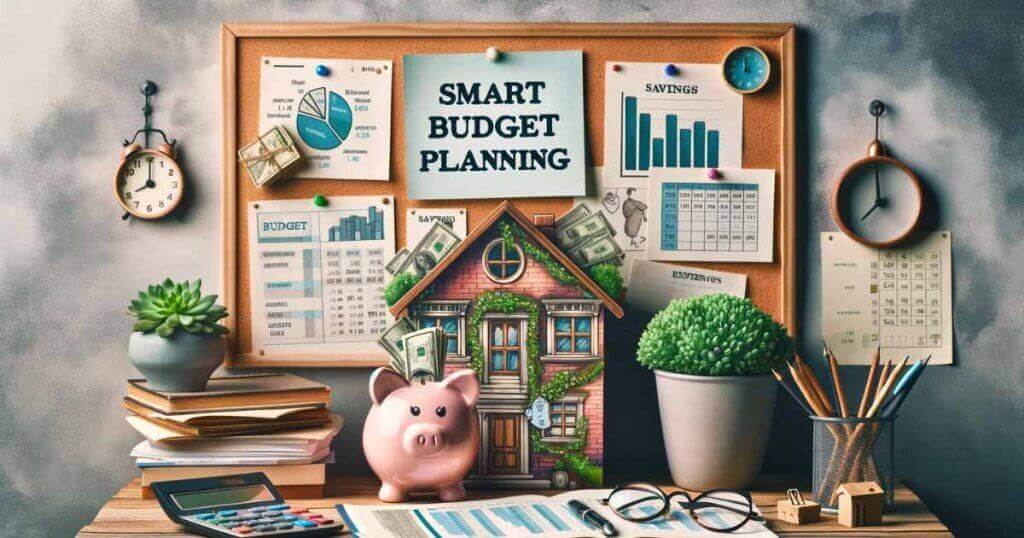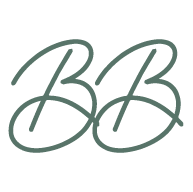
Budgeting for Beginners can seem a daunting task for anyone in the early days, but with the right approach, it becomes an empowering tool for a secure future. Whether you are just starting out with budget planning or looking to refine your skills, understanding the principles of budgeting is crucial.
From finding the best budget planner to mastering the 50/20/30 budget, this guide will offer practical advice and budgeting tips, ensuring you create a budget plan that aligns with your financial goals.
Today’s technology has a major impact on our spending habits. Learning how to create a budget that adapts to our evolving financial situation is key. Join me in exploring effective strategies and tools that make budgeting for beginners a manageable and rewarding endeavor.
Start by Drafting a Best Budget Planner for you
Growing up, my mother was the best budget planner I know of, skillfully balancing household expenses and savings. Her approach to budgeting, which combined smart spending decisions with future-focused financial planning, has always been a guiding light in my journey to financial literacy.
In our digital era, identifying the best budget planner is crucial. While apps like Mint and YNAB (You Need A Budget) offer user-friendly interfaces and real-time tracking, traditional methods such as spreadsheets or dedicated budgeting notebooks also play a significant role.
For beginners, it’s important to choose a tool that you find intuitive and easy to stick with. Whether it’s an app or a paper-based method, the best budget planner is one that you will consistently use to monitor your spending and savings.
Expense Tracking is the first step in Budgeting for Beginners
Budgeting for beginners is all about embracing simplicity and clarity in managing finances. The first step is to identify all your monthly income sources, which could include your regular salary, any income from side hustles, and passive income streams. Equally important in budgeting for beginners is the practice of tracking all expenses for a month.
Record every expenditure, from fixed costs like rent and utility bills to variable expenses like dining out or that occasional coffee treat. By categorizing these expenses, you start to crack your unique spending patterns – a critical aspect of budgeting for beginners.
Whether it’s aiming to save a certain amount each month or cutting back spending in specific categories, set them accordingly. Budgeting for beginners is not just about tracking where money goes; it’s about making informed decisions that lead to financial well-being and stability.
Budgeting for Beginners:Create and Maintain a Plan
A solid budget plan is the backbone of good financial management. Outline your financial goals, both short-term (like a vacation fund) and long-term (such as retirement savings). Divide your income among different expense categories and always include a contingency for unexpected expenses.
A regular review of your budget plan is essential to adapt to any changes in your financial situation.
Follow a 50/20/30 Budget Allocation
The 50/20/30 budget rule is a cornerstone of budgeting for beginners, offering a straightforward approach to financial planning. Allocate 50% of your net income to essential needs like housing and groceries, 20% to savings and debt repayment, and 30% to personal wants and leisure activities.
This framework is ideal for beginners, providing a clear, manageable structure for income distribution and ensuring a well-balanced financial lifestyle. Adopting the 50/20/30 rule can simplify budgeting for beginners, leading to a more organized financial future.
Financial Flexibility comes when you know How to Create a Budget
Learning how to create a budget is fundamental for financial flexibility. Gather all financial documents and monitor your spending for at least a month. Set specific, realistic financial goals. Based on your income and expenses, formulate a budget that helps you achieve these goals while meeting essential needs.
Remember, flexibility is key – your budget should evolve with your financial situation.
Budgeting Tips for Beginners
Here are some additional tips for beginners:
- Prioritize Your Expenses: Start by paying for the essentials and then see what you have left for other expenses.
- Use Cash for Daily Transactions: This helps in visualizing and controlling spending.
- Automate Savings: Automatic transfers to a savings account can build savings without much effort.
- Review and Adjust Regularly: Always be ready to tweak your budget as your financial situation changes.
- Cut Unnecessary Expenses: Regularly evaluate your spending habits and cut back where possible.
- Use Financial Tools: Take advantage of budgeting apps and tools for effective financial management.
Your Financial Discipline is your Financial Freedom
Adopting a disciplined approach can transform your financial life. It’s not just about tracking expenses or saving money; it’s about making informed decisions that align with your financial goals. Budgeting is a crucial skill for financial stability and peace of mind. While it may initially seem overwhelming, especially for beginners, the key is to start with the basics and build from there.
With consistency and the right tools, you will find that managing your finances becomes a rewarding journey towards financial empowerment. If you’re planning to know how to plan your finances check out BucksBeyond for many financial insights. Regularly educating yourself on financial matters and seeking advice when needed can also contribute significantly to your budgeting success! Isn’t that right?


